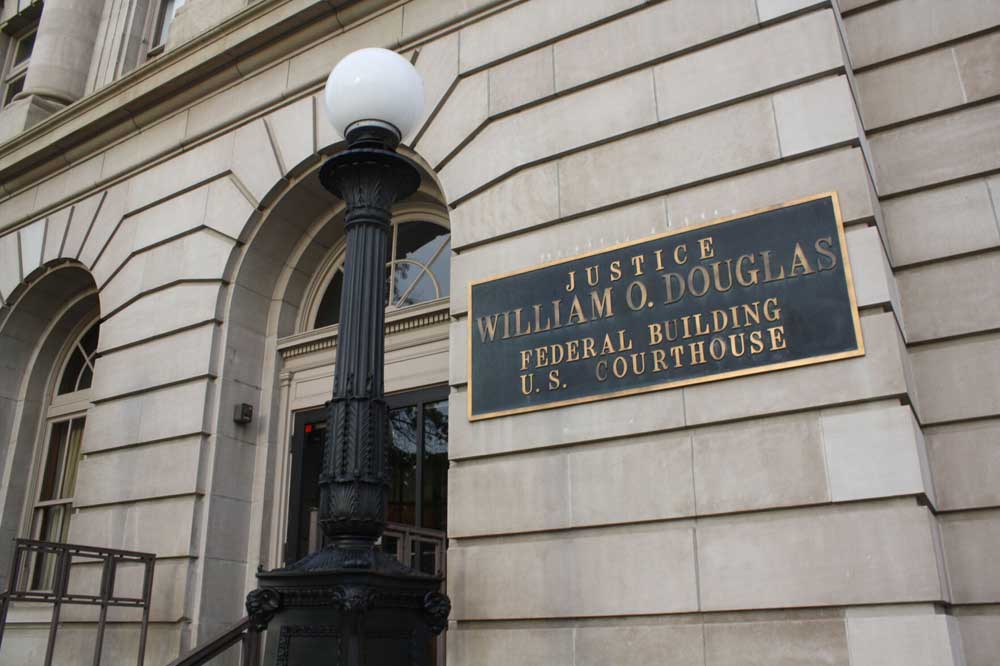Easterday judge dismisses U.S. complaint against law firm
Published 9:30 am Tuesday, November 29, 2022

- The U.S. courthouse in Yakima, Washington, where ex-cattleman Cody Easterday was sentenced Oct. 4 to 11 years in a federal prison for defrauding Tyson Fresh Meats with "ghost cattle."
YAKIMA, Washington — A judge has dismissed claims by a U.S. trustee that a Los Angeles law firm favored one set of creditors over another in the liquidation of Cody Easterday’s farming and ranching empire.
Trending
U.S. Bankruptcy Judge Whitman Holt in Yakima stated in a Nov. 23 ruling that Pachulski Stang Ziehl & Jones negotiated a settlement that was an “unquestioned success.”
The ruling cleared the way for the firm to receive final payment for its lead role in the Easterday bankruptcy, bringing its total compensation to $14.75 million.
“Judge Holt’s decision is critically important to those of us who represent companies with complex corporate structures in chapter 11 cases,” attorney Richard Pachulski said in an email.
Trending
“In my view, Judge Holt’s decision was comprehensive, thoughtful and correct,” he said.
Easterday Ranches and Easterday Farms separately filed for bankruptcy in 2021, shortly after the Eastern Washington cattleman and farmer’s “ghost cattle” scheme was uncovered.
Easterday pleaded guilty to defrauding Tyson Fresh Meats out of $233 million and Segale Properties of Tukwila out of $11 million. He was sentenced in October to 11 years in prison.
Holt’s ruling tied up a loose end in the bankruptcy case.
Easterday Ranches and Easterday Farms were separate businesses, but both were owned by Cody Easterday and family members and had some of the same creditors.
Holt appointed two committees, with separate lawyers, to represent creditors. The judge also appointed the Pachulski firm to be a broker between the committees.
Assistant U.S. Trustee Gary Dyer claimed the firm strayed from its job as honest broker and circulated two settlement proposals that favored Easterday Ranches creditors over Easterday Farms creditors.
He asked Holt to withhold $460,000 the firm sought in legal fees for working on the two plans.
The plans were never submitted to creditors. In the final plan, Farms creditors were paid in full. Ranches creditors recovered 70%.
Under the two earlier plans, Farms creditors would have received less-than full payments. Holt wrote that Dyer was wrong to view the proposals as detrimental to Farms interests.
The plans offered creditors an alternative to lengthy and expensive litigation and spurred further negotiations, according to Holt.
Earlier in the case, Holt dismissed objections by Dyer that the Pachulski firm’s fees were too high.
Court-approved fees and expenses for lawyers, financial advisers and appraisers involved in the Easterday bankruptcy topped $25 million.









